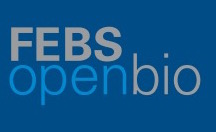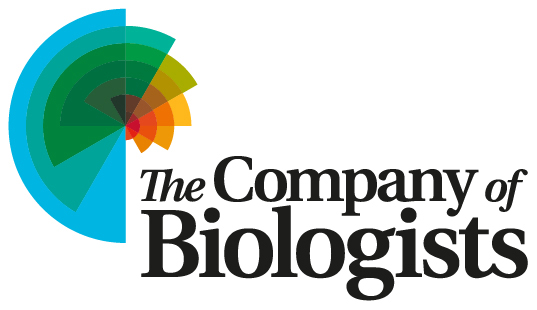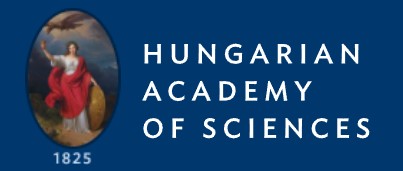About the Workshop
During autophagy, cytoplasmic components ranging from individual proteins to organelles and pathogens are delivered to the lysosome or vacuole for degradation and reuse. The discovery of a set of conserved ATG proteins involved in autophagy in yeast, recognized by a Nobel prize in 2016, established the core machinery. The complexity of autophagy processes is dramatically increased in higher eukaryotes. Autophagy is essential for the homeostatic balance of cells and organisms and its deregulation has been associated with a plethora of human diseases. There is an unmet need to deepen our understanding of its roles and molecular mechanisms, its regulation by various signaling pathways during normal and stress conditions, and its targetability for therapeutic intervention strategies. The goal of this meeting is to expand and integrate new and unpublished data on the genetics, proteomics, cell biology, biophysics and biochemistry of autophagy processes with previously under represented model systems, disease relevant topics and emerging technologies. The meeting will foster interactions between early-stage researchers, junior group leaders and established investigators and thus facilitate the enrollment and education of the next-generation scientists to tackle challenges implicated in the translation of basic research findings towards disease models diverse in scale and species.
About EMBO Courses and Workshops
EMBO Courses and Workshops are selected for their excellent scientific quality and timelines, provision of good networking activities for all participants and speaker gender diversity (at least 40% of speakers must be from the underrepresented gender).
Organisers are encouraged to implement measures to make the meeting environmentally more sustainable.


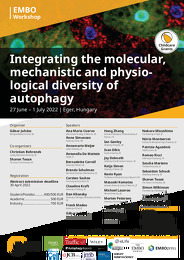



![2021-10/molecularcell_logo_stacked_blue_rgb[1].png](/files/2021-10/molecularcell_logo_stacked_blue_rgb%5B1%5D.png)

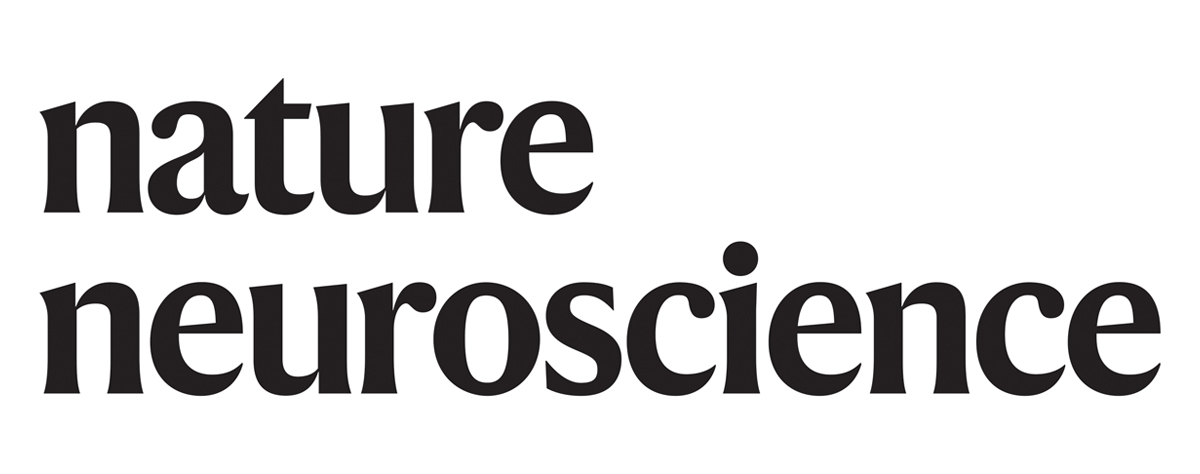

![2021-10/elsevier-jmb-logodef-300[1].gif](/files/2021-10/elsevier-jmb-logodef-300%5B1%5D.gif)
![2021-12/elife-full-color-horizontal-2020[1].jpg](/files/2021-12/elife-full-color-horizontal-2020%5B1%5D.jpg)
